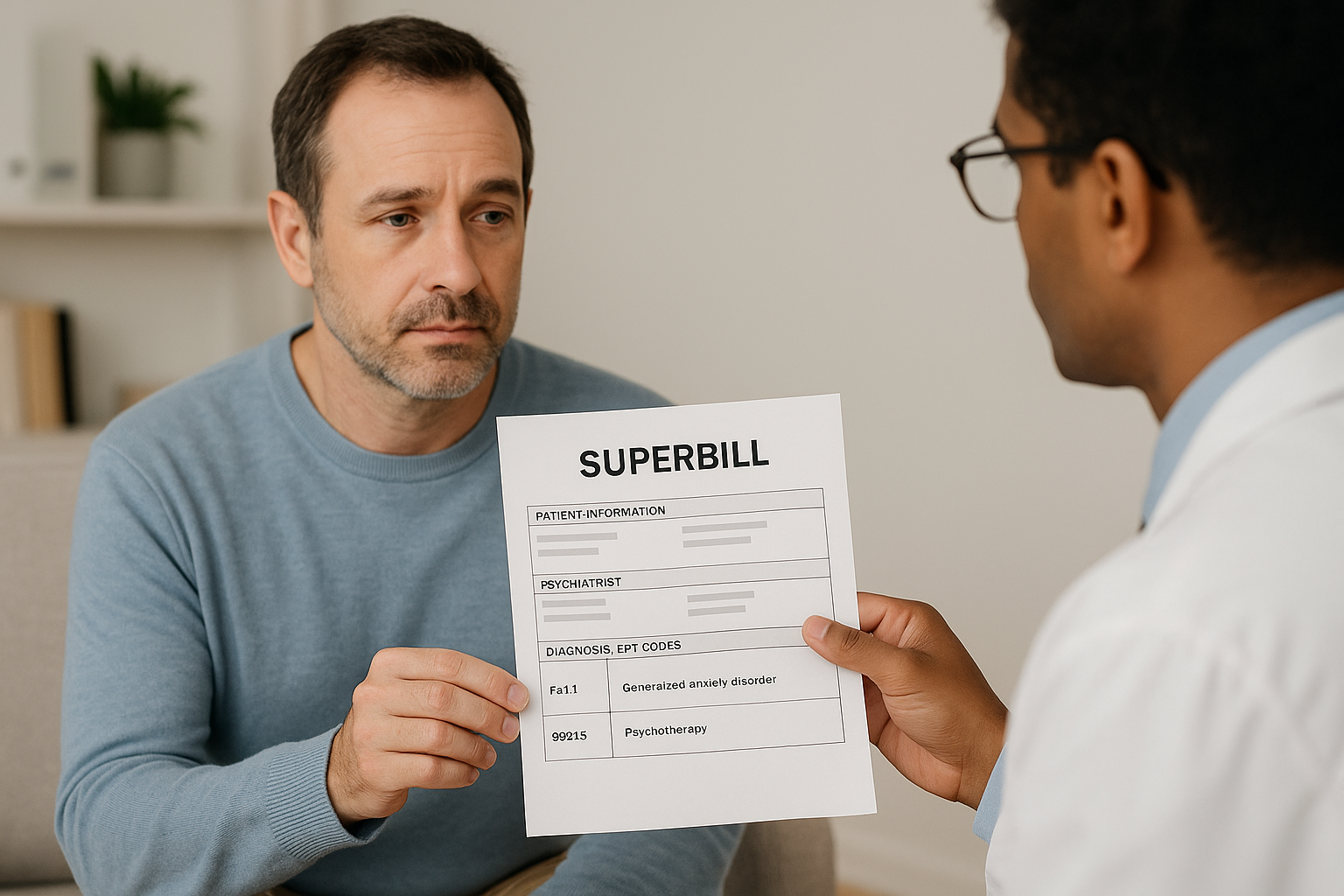What Makes a Good Psychiatrist?
A good psychiatrist doesn’t just treat symptoms — they partner with you to understand, heal, and grow.


Finding the right psychiatrist isn’t just about credentials or years in the field — it’s about connection. It’s about feeling safe, seen, and genuinely supported, especially when life feels overwhelming. Whether you’re seeking help for the first time or returning after time away, knowing what actually makes a psychiatrist “good” can help you choose someone who meets you where you are, and walks alongside you from there.
Psychiatrists Do More Than Prescribe
Yes, psychiatrists are medical doctors. And yes, medication management is part of what we do. But good psychiatric care goes far beyond writing prescriptions. A skilled psychiatrist considers your whole picture — your mood, sleep, physical health, stress levels, thought patterns, relationships, and daily functioning — not just a checklist of symptoms.
We diagnose conditions like anxiety, depression, bipolar disorder, PTSD, ADHD, and more. But just as important, we help you understand your diagnosis in real-world terms, explore your options, and decide together what course of treatment feels right for you. That might include medication, therapy, lifestyle changes, or all three.
The best psychiatrists don’t push pills. They walk you through how medications work, what to expect, and how to navigate side effects if they arise — with you as an active partner in every decision.
What Should You Look for in a Good Psychiatrist?
Good psychiatry is rooted in thoughtful listening and respectful collaboration. A strong provider-patient relationship can make all the difference. When you meet a psychiatrist — whether virtually or in-person — ask yourself:
- Do I feel heard without being rushed?
- Do they seem curious about me as a whole person, not just my diagnosis?
- Do they explain medical concepts clearly and check in to make sure I understand?
- Do they seem open to therapy, lifestyle changes, or other support besides medication?
- Are they invested in how I’m actually doing, not just how my meds are working?
The right psychiatrist will feel like someone you can be honest with — even about things that feel confusing or vulnerable. You should feel safe asking questions, setting boundaries, and voicing your needs.
What Kind of Treatment Approach Should They Offer?
Psychiatrists vary widely in their approach. Some focus solely on medication management. Others — often those trained in psychotherapy — offer a more integrated model, combining talk therapy and meds in one session. This can be incredibly helpful for patients who want continuity and depth in their care.
Many patients benefit from this blended approach. It reduces the need to repeat your story to multiple people and allows your psychiatrist to understand how you’re feeling, emotionally and physically, as they adjust medications. But if you already have a trusted therapist you’ve been seeing for years, that’s perfectly okay too. In fact, some patients thrive with this kind of specialized team approach. In addition, if you’re interested in adding holistic aspects to your care, choose a psychiatrist trained in Integrative Psychiatry or Lifestyle Medicine.
Can a Psychiatrist Help If I Already Have a Therapist?
Absolutely. Some of the most effective care happens when your psychiatrist and therapist work together. With your permission, your psychiatrist can coordinate care with your therapist, align treatment plans, and provide a more unified support system. Think of it as building a team around your well-being — one that sees you from different angles but works toward the same goal: helping you feel better, function better, and grow.
How Do You Know If It’s the Right Fit?
Sometimes, finding the right psychiatrist takes more than one try — and that’s okay. If you walk out of a session feeling dismissed, pressured, or simply not understood, pay attention to that. A good psychiatrist will never rush your decisions or ignore your hesitations.
Here are a few questions you might ask during a first appointment:
- How do you typically work with patients like me?
- What’s your approach to therapy and medication?
- How do you measure progress in treatment?
- What happens if I’m not ready or unsure about starting medication?
Their responses can tell you a lot about whether their style aligns with your needs.
A Psychiatrist is a Partner in Your Mental Health
In the end, a good psychiatrist is more than someone who prescribes or diagnoses — they’re someone who walks alongside you. They help you track your growth, adjust when things feel off, and support you through each new chapter. They know healing isn’t linear. Life happens, and a good provider makes room for that.
If you're looking for a psychiatrist who sees the whole you — not just your symptoms — then you're already asking the right questions. The right fit will help you move forward with more clarity, trust, and momentum than you had before. And that’s the kind of care you deserve.
More Articles

How Does Reimbursement Actually Work for Therapy / Psychiatry with Blue Cross Blue Shield in New Jersey?


